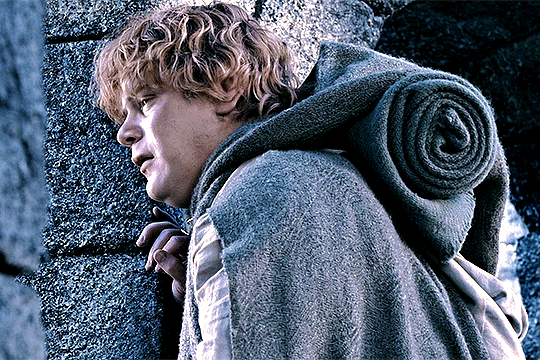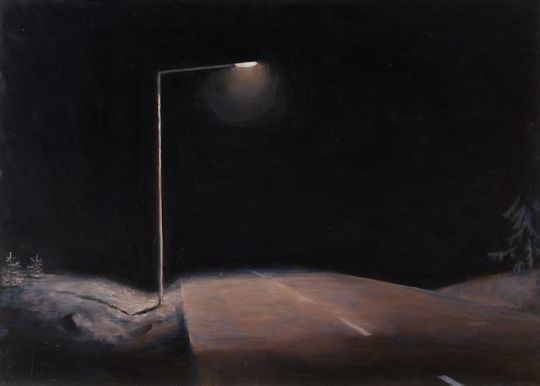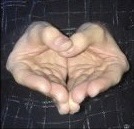och brinn i din tro / på frihetens dag som kommer🌸 elliot caeneus | 25 | it/its | gendervoid | sweden
Don't wanna be here? Send us removal request.
Text

Hideo Tanaka — Friends (acrylic on canvas, 2023)
191 notes
·
View notes
Text







THE LORD OF THE RINGS: THE TWO TOWERS (2002) dir. Peter Jackson
It's all wrong. By rights, we shouldn't even be here, but we are. It's like in the great stories, Mr. Frodo. The ones that really mattered. Full of darkness and danger they were, and sometimes you didn't want to know the end because how could the end be happy? How could the world go back to the way it was when so much bad had happened? But in the end, it's only a passing thing, this shadow. Even darkness must pass. A new day will come, and when the sun shines, it will shine out the clearer. Those were the stories that stayed with you, that meant something even if you were too small to understand why. But I think, Mr. Frodo, I do understand. I know now.
2K notes
·
View notes
Text

3 apples tall.. hopefully nothing will happen to them
5K notes
·
View notes
Text

and he knew it wasn't going to be okay, and he told me / it wasn't going to be okay. / and he wouldn't kiss me, but he covered my body with his body / and held me down until I promised not to run back out into the street again.
631 notes
·
View notes
Text



Andy Warhol's photographs of his boyfriend Jed Johnson at Hotel Cipriani in Venice, 1977.
1K notes
·
View notes
Text

y’all know Catholic holy cards? yeah.
346 notes
·
View notes
Photo


brokeback mountain (2005) / the goldfinch (2019)
7K notes
·
View notes
Photo

Peter Ern (Swedish, b. 1965), Into the Wild, 2008. Oil on panel, 50 x 70 cm.
5K notes
·
View notes
Photo


Les Misérables, Victor Hugo
Vol 3, Book 4, Chapter 6
375 notes
·
View notes
Text
literally francis would bring his “roommate” richard to one of hobie’s gay ass pretentious academic dinners and hobie would be like meet my son theo and with audible kill bill sirens richard would be like a) i want that twink obliterated b) is that a turnbull and asser suit? perfectly cut, looks magnificent.
at dinner he would be like wow hobie that is a beautiful leather-bound double handsewn manuscript you have over there, what is it? 19th century? and theo would bitchily be like “…its 18th century but good guess” and before the first course of the dinner is even out they would slip off into the garden patio to chain smoke and do coke
683 notes
·
View notes
Text














sas: rogue heroes season 1 character cards
115 notes
·
View notes
Text


THE SNOW in the mountains was melting and Bunny had been dead for several weeks before we came to understand the gravity of our situation.
instagram | bluesky | patreon
1K notes
·
View notes
Text






























K.E.N-Digit: ‘Hand Signs of Love’ (2019)
27K notes
·
View notes
Text
Pylades drunk

3K notes
·
View notes
Text

"Chambers of the Sea", Julio Larraz, 1996.
40 notes
·
View notes

